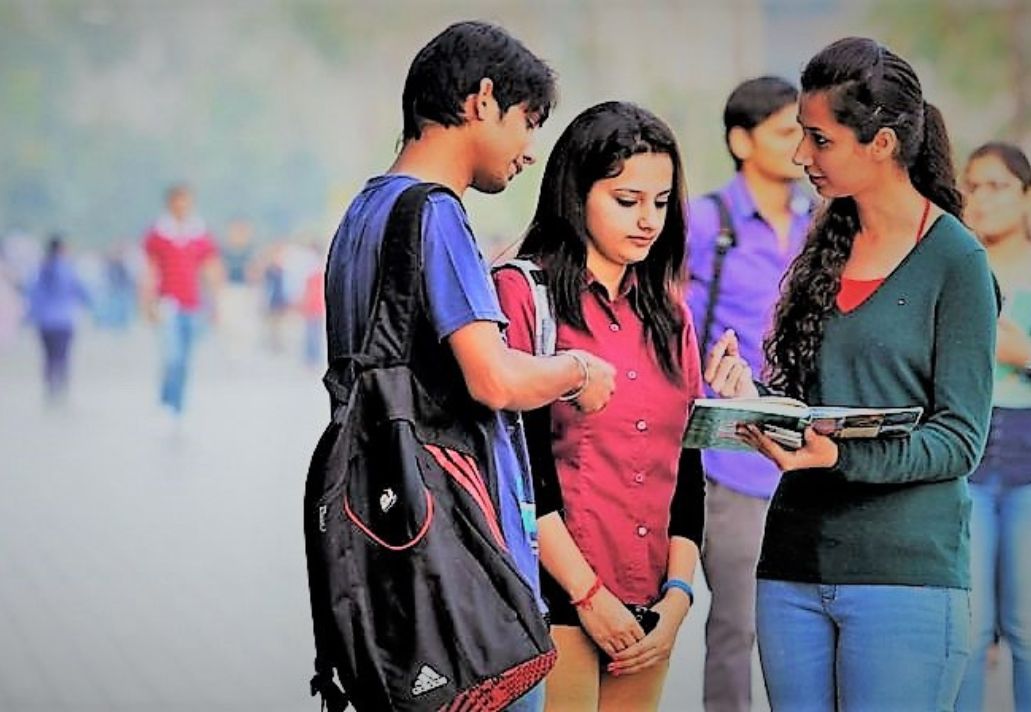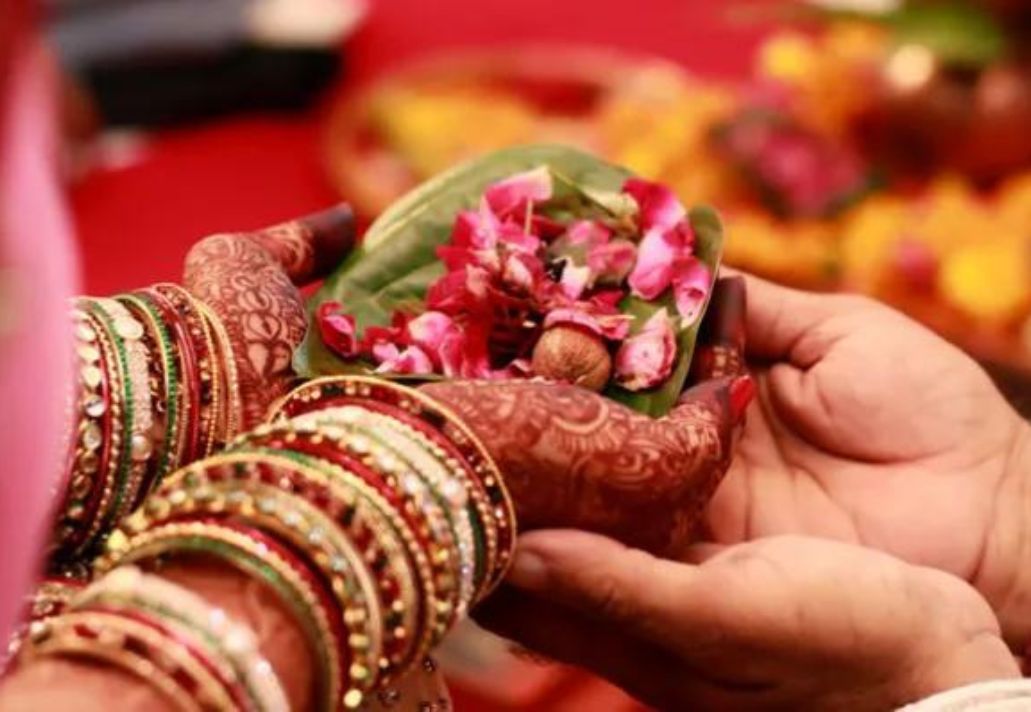A recent report issued by the Ministry of Statistics and Program Implementation provides some statistics on the state of marriage in India. The report noted, among other things, a decline in the number of young people willing to marry.
Jammu and Kashmir top the list according to the report. It said, “The percentage share of the youth population (15-29 years) who are ‘never married’ has shown an increasing trend in the male population from 20.8 per cent in 2011 to 26.1 per cent in 2019 and a similar trend has been observed in the case of the female population.”

Apparently, the marriage age barrier also seems to have increased over time. Note that, “A significant decline in the age level of first marriage for women aged 25-29 has been observed as only 52.8 per cent of women got married before the age of 20 in 2019. -2021 compared to 72.4 per cent in 2005-06”. For men, the first marriage occurred at the age of 25 in 2019-21 in the 25-29 age bracket”. In addition, this report reveals that the percentage of the population (both male and female) “never married” has been increasing over the years.
The survey showed that the first and foremost may be the economic instability that is plaguing most of today’s youth. And this particular issue has become more heated due to the pandemic. Families with a monthly income of less than 10,000 are completely reluctant to marry. Only 20 per cent of wealthy families are unwilling to marry; as stated by one of the surveys conducted in 2020 (March-April).

Moreover, in the Indian context, caste and class also play a role in the selection of marriage partners. Among young people, those intending to marry seek a spouse from a similar income background, class, status and educational bracket. Then came the ‘shift in the attitude’ about the significance of marriage. Highly educated youths do not want to get married early. Being a single parent is not considered taboo these days and many consider a single lifestyle to be “woke” and modern.
The 21st-century generation easily defines what ‘marriageable age’ should be for them and does not shy away from declaring themselves as “single”. As of now, India continues to be a very young country. And this proportion of youth can certainly play an important role in achieving the ambitious goal of a strong economy. And the way young people choose to marry or raise families will have far-reaching effects on tomorrow’s economy.

